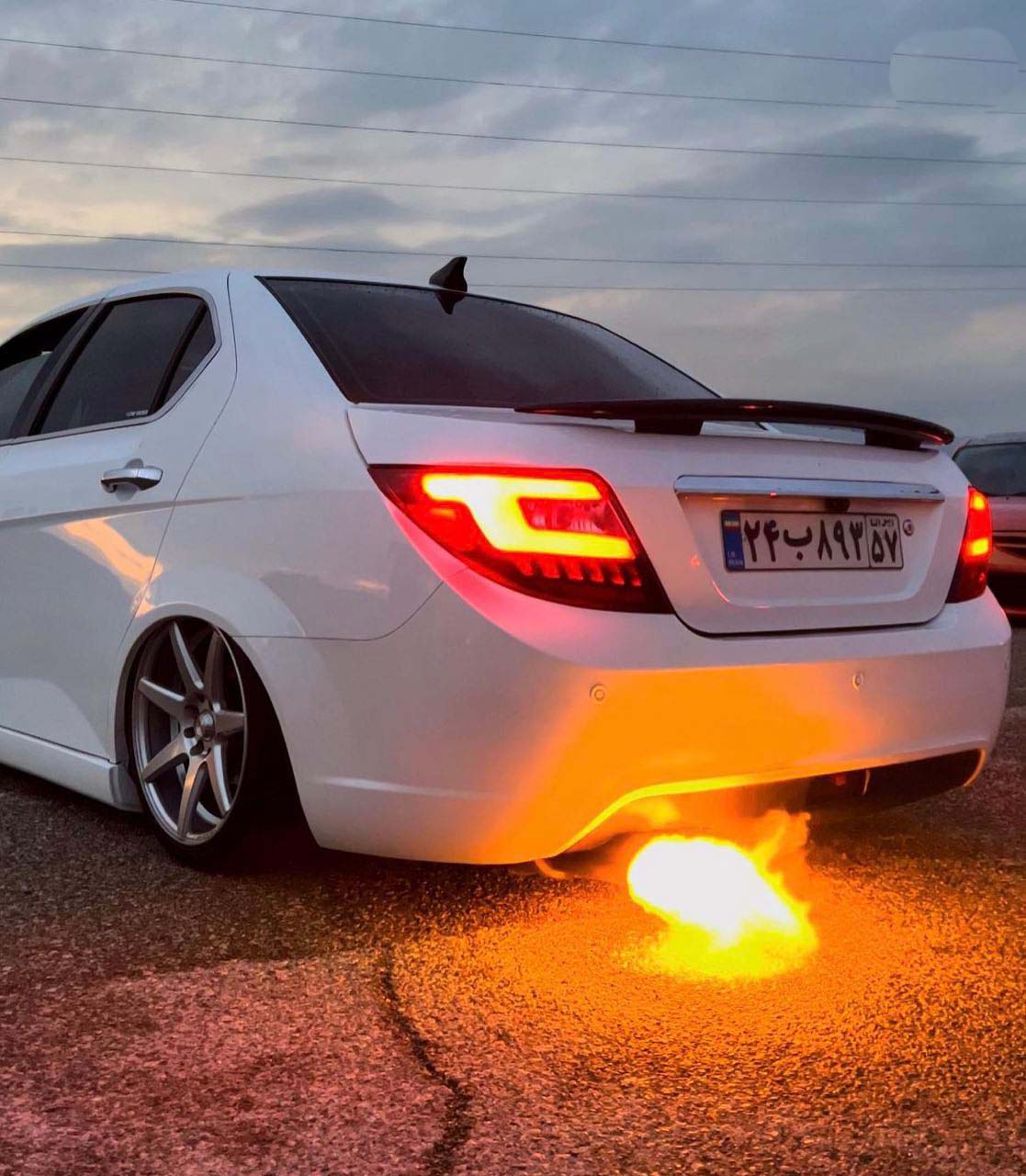Car backfiring is a loud noise coming from the engine, typically described as a poof or bang sound. It occurs when fuel that hasn’t been burned is discharged into the exhaust system rather than undergoing combustion within the combustion chamber. Car backfires can be caused by several different components of your vehicle, such as incorrect ignition timing, worn-out spark plugs, vacuum leaks, and incorrect fuel-to-air ratios. This article will explore the factors behind car backfiring and methods to avoid its occurrence in vehicles.
What Makes a Car Backfire?
Car backfiring is caused by incomplete fuel combustion inside the engine’s cylinders. Unburned fuel is released through the exhaust system, and when it meets with oxygen outside the cylinder, it combusts or ignites, causing a loud popping sound. It happens because too much or too little air/fuel mixture has been supplied to the cylinder during compression or ignition stroke, resulting in an incomplete combustion process. The result is either an excess of air not having time to burn off all available fuel (lean mix) or not enough air for all available fuel (rich mix).
Common Symptoms of Car Backfires
An issue with the fuel/air mixture, spark plugs, or exhaust system often causes car backfires. Common symptoms of car backfires include:
-
A loud popping or banging noise from the exhaust pipe when the engine is running.
-
Acceleration problems due to misfiring while trying to increase speed or going up hills.
-
Poor engine performance due to loss of power and reduced acceleration capabilities.
-
Unusual smells coming from the exhaust, such as burnt rubber, gasoline, or chemicals, in addition to visible smoke produced by burning fuel that did not completely combust during ignition in the cylinders.
-
Decreased fuel efficiency because of wasted energy being expelled through unburned fuel exiting through the tailpipe rather than being used for power.
-
Rough idle and stalling when the car is stopped or running at low speed due to a lack of fuel ignited by the spark plugs in the cylinders.
Diagnosing the Problem
If your car is experiencing symptoms of a backfire, it’s essential to have a trained mechanic inspect it immediately. A thorough inspection will help diagnose the cause of the problem and determine what steps need to be taken to repair it. Common tests performed by technicians include checking spark plugs for wear and tear, inspecting the fuel pump for clogging or leaks, checking the air filter for dust or debris buildup, and conducting tests on fuel injectors and exhaust valves. Additionally, technicians may take readings from your car’s computer system to diagnose issues with ignition timing or other electronic components that may be causing backfires.
Preventing Car Backfires
To keep your car from backfiring, there are several maintenance and repair practices that you should follow. First, regularly inspect and clean air filters to ensure the correct amount of air gets into the cylinders. Next, use a fuel quality tester to measure the octane rating of gasoline in your tank. Low-octane gas can cause misfires due to a lack of adequate fuel combustion in the cylinders. You should also get a tune-up done at least once a year and inspect spark plugs for wear and tear, as those parts can weaken over time, causing misfires. Additionally, ensure your exhaust system is free of blockages or defects that can hamper airflow out of the engine, resulting in unburned fuel being expelled through the tailpipe, leading to backfiring.
Conclusion
Car backfires are caused by incomplete combustion of fuel in the cylinders due to incorrect air/fuel mixtures, worn-out spark plugs, or faulty exhaust systems. To prevent car backfires, ensure your vehicle receives regular maintenance services and inspections to identify any potential issues before they become problems. Additionally, use quality fuel rated with the correct octane number and keep your air filters clean for optimal performance. Following these steps should help keep your vehicle running smoothly and prevent dangerous backfiring incidents.


